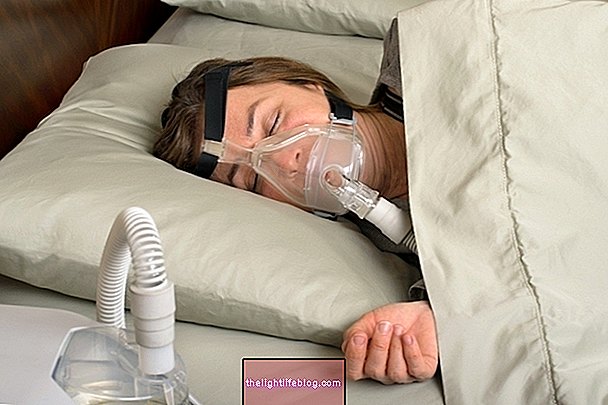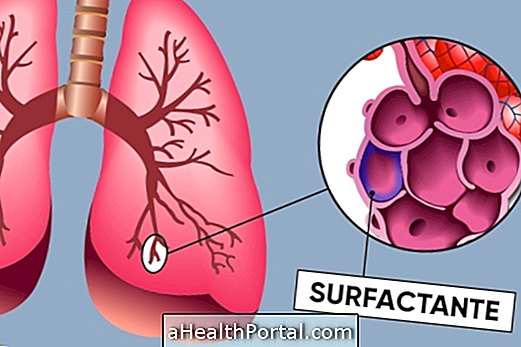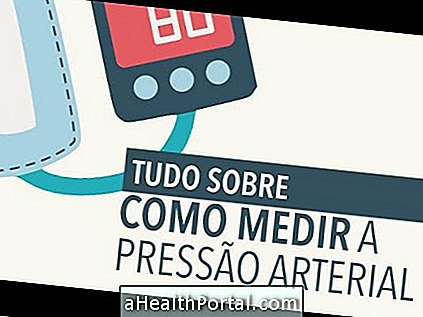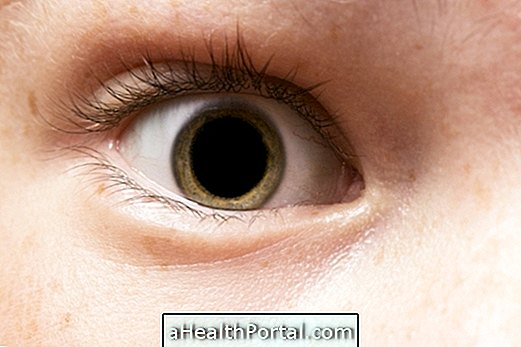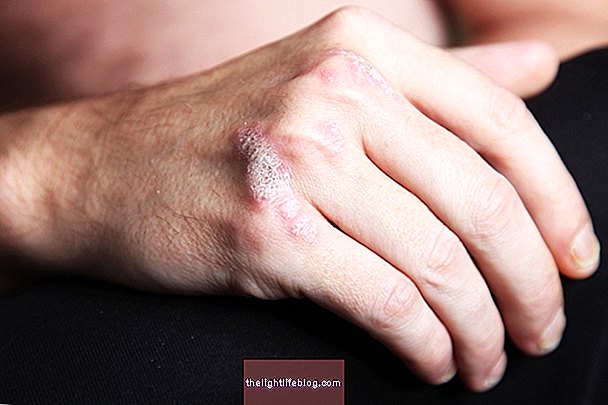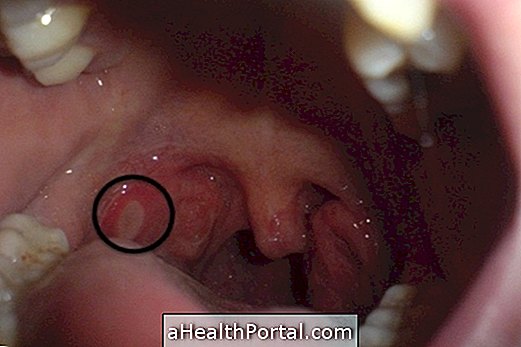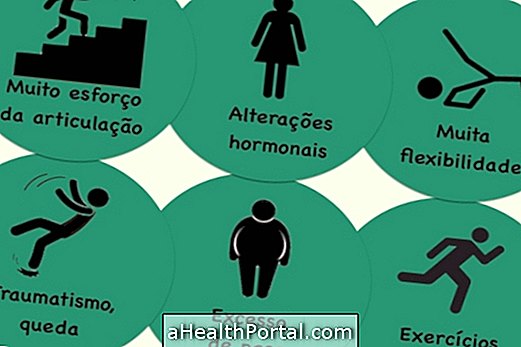Bronchial asthma is a chronic inflammation in the lungs, caused by an allergy, which causes the individual to have difficulty breathing.
Asthma has no cure, is not transmitted from person to person, nor does it change from father to son, however, the children of an asthmatic have a greater chance of developing asthma at any stage of life.
Occupational asthma is one that the individual develops due to the inhalation of dust from wood, grains, animal hairs, smoke, or any other inhaled substance in their workplace. It presents the same typical symptoms of asthma, as well as treatment. The difference is that it can be prevented and its prevention can be done through the use of safety equipment, such as respiratory mask, which must be provided by the company.
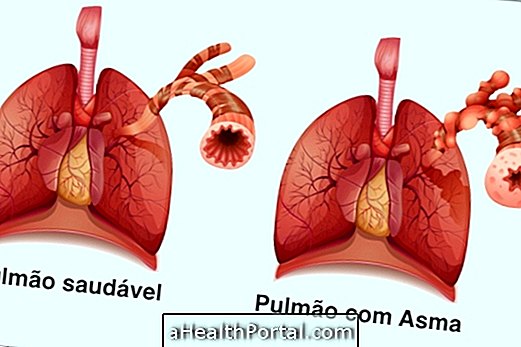
Asthma symptoms
Asthma symptoms are usually easy to recognize and include:
- Difficulty breathing;
- Sensation that the air does not reach the lungs;
- Noise when breathing (wheezing);
- Anxiety and
- Chest tightness.
The diagnosis of asthma is made by the pulmonologist physician based on the observation of the symptoms and in examinations that evaluate the amount of air that enters and leaves the lungs. Learn more at: Asthma Symptoms and Exams to diagnose asthma.
The cause of asthma is often a respiratory allergy, which can trigger a crisis when the individual is:
- Close to animals with hair;
- In very dusty places;
- In places with mold;
- In very cold places;
- Stressed or have very strong emotions.
Asthma is usually diagnosed in childhood, but asthma can be developed at any stage of life, and it is more common in individuals who have some type of respiratory or food allergy.
Asthma Treatment
The treatment of asthma consists of the use of corticoids and bronchodilators that must be used daily, for life. The asthma remedy, popularly called the "asthma bomb, " is not addictive and should be used whenever the individual experiences difficulty breathing because it is critical to controlling the asthma attack.
To complement the treatment of asthma you need to take some care, such as:
- Do not have animals, like dogs and cats, indoors;
- Keep the house always very clean, without any dust;
- Avoid rugs and curtains indoors, especially in the asthmatic room;
- Not having stuffed animals, objects that accumulate dust and blankets in the room;
- Avoid being around people who are smoking;
- Stay away from any kind of smoke.
Asthma medicines should be prescribed by the pulmonologist and should always be used at the recommended dose. Check out the names of some remedy for asthma.
There are also vaccines that can be used when you know what the allergy-causing agent is, and this makes the treatment for asthma more effective. Physical therapy also helps control asthma because breathing exercises strengthen breathing muscles, improving lung capacity.
Learn how to provide first aid in the asthma crisis to ensure that the person continues to breathe.


